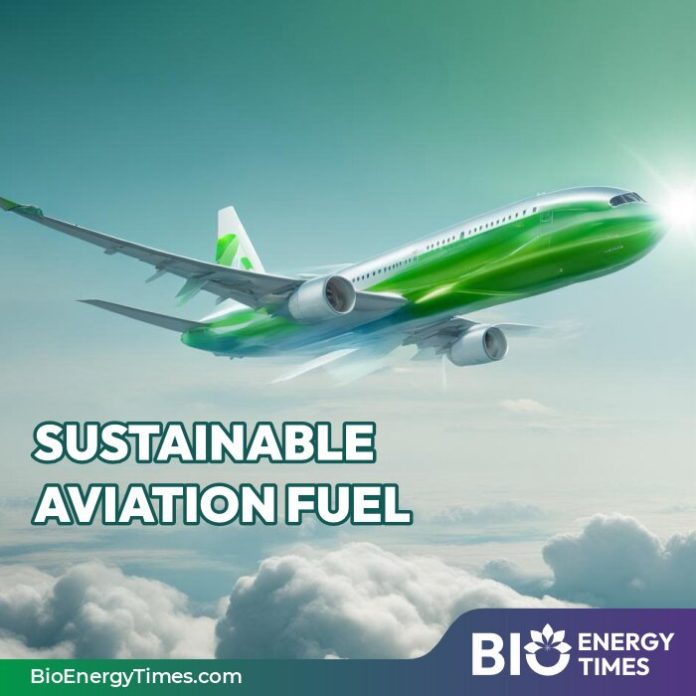Air New Zealand has decided to drop its 2030 target for reducing carbon emissions, citing challenges in obtaining more efficient aircraft and sustainable jet fuel. This decision marks the airline as the first major carrier to retreat from such a climate commitment, reported BBC.
The airline stated that it is currently developing a new short-term target while remaining dedicated to the broader industry goal of achieving net zero emissions by 2050. The aviation sector is estimated to account for approximately 2% of global carbon dioxide emissions, prompting airlines to seek reductions through measures such as upgrading to newer aircraft and utilizing renewable fuel sources.
“In recent months, especially in the past few weeks, it has become evident that potential delays in our fleet renewal plan present an additional risk to meeting the target,” said Air New Zealand Chief Executive Officer Greg Foran in a statement.
In 2022, Air New Zealand set a target to cut its emissions by nearly 29% by 2030, which is significantly more ambitious than the global aviation industry’s target of a 5% reduction for the same timeframe.
Sustainable Aviation Fuels (SAF) play a crucial role in the industry’s strategy to lower emissions, but airlines have struggled to secure adequate supplies. “The cost of SAF is higher than that of traditional fuels, and there is insufficient production capacity to meet demand,” remarked Ellis Taylor from aviation analytics firm Cirium. He noted that delays in new aircraft deliveries are impacting airlines worldwide, as both Boeing and Airbus have fallen short in delivering new jets in recent years due to various supply chain issues.
Boeing has encountered several significant challenges in recent times. This month, the company agreed to plead guilty to a criminal fraud conspiracy charge after the US determined it had violated a settlement intended to reform its practices following two fatal crashes involving its 737 Max planes, which resulted in the deaths of 346 passengers and crew. Additionally, the company has faced increased scrutiny after a door panel on a Boeing aircraft operated by Alaska Airlines blew out shortly after takeoff, necessitating an emergency landing.
To read more about Sustainable Aviation Fuel Industry News, continue reading BioEnergyTimes.com















